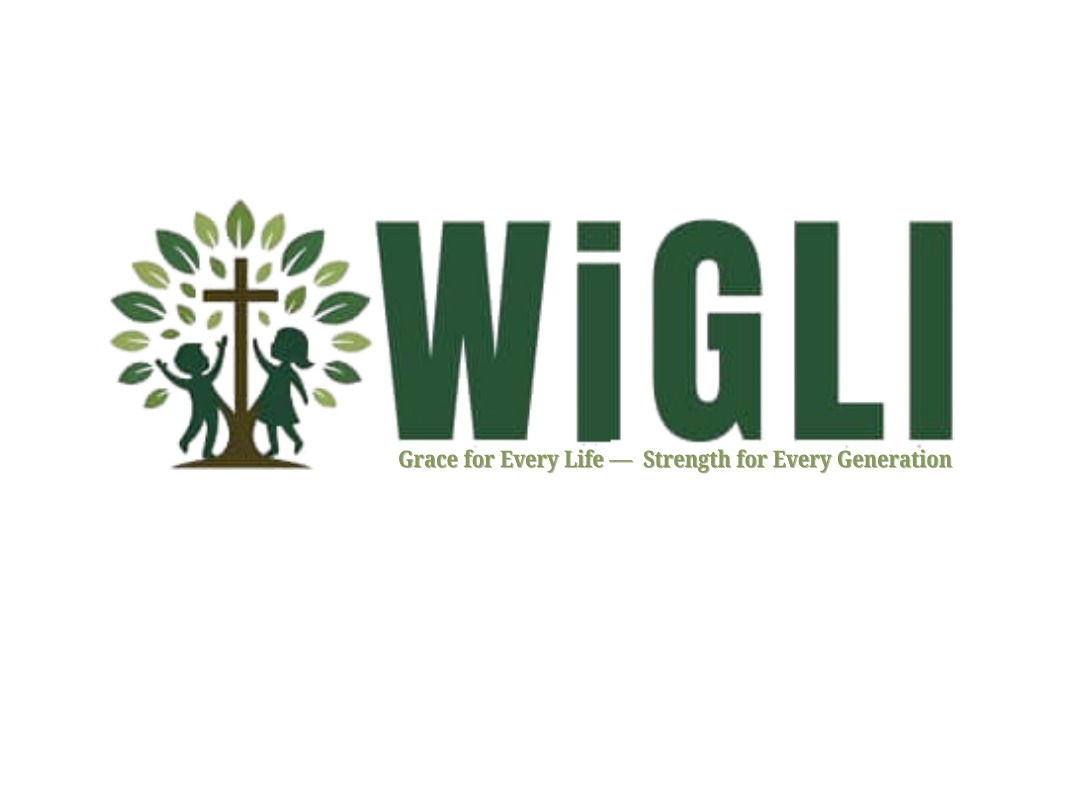Education, Early Learning & Life Skills
D. Education, Early Learning & Life Skills
WiGLI believes that education is both a right and a powerful tool for breaking the cycle of poverty. We focus on ensuring that children not only access education but also develop the knowledge, skills, and values they need to thrive in life. From the earliest years to adolescence, we provide holistic support that integrates learning with health, nutrition, and life skills development.
Our approach recognizes that a child's capacity to learn is shaped by their physical health, emotional wellbeing, and supportive environment—which is why our education programs work hand-in-hand with families, communities, and schools.
Key Components
- Early childhood development and stimulation during the first 1,000 days
- School kits, remedial learning, and homework assistance
- Life skills education, peer-led SRH (Sexual & Reproductive Health) using ICT tools
- School-based health and nutrition clubs and engagement with Parent-Teacher Associations (PTA)
Key Service Areas
Early Childhood Development (ECD) & Stimulation During the First 1,000 Days
We invest in children's development from birth to age three—a critical period for brain growth and lifelong learning potential.
Service Details:
- Parent & Caregiver Training: Guidance on age-appropriate play, communication, nutrition, and responsive caregiving.
- Play-Based Learning Activities: Structured sessions that build early literacy, numeracy, motor skills, and social-emotional development.
- Nutrition Integration: Linking ECD activities with child feeding programs to support physical and cognitive growth.
- ECD Centers & Play Corners: Equipping community spaces and preschools with materials for safe, stimulating learning environments.
Expected Impact:
- Improved cognitive, language, and motor development in children under five.
- Increased caregiver engagement in children's learning and wellbeing.
- Greater school readiness, reducing dropout risk in later years.
School Kits, Remedial Learning, & Homework Assistance
We ensure children have the tools and academic support they need to succeed in school—especially those from low-income households.
Service Details:
- School Kits Distribution: Provision of backpacks, exercise books, pens, uniforms, and hygiene kits to reduce barriers to attendance.
- Remedial Learning Programs: Targeted lessons to help struggling students catch up in literacy, numeracy, and key subjects.
- Homework Clubs: Community-based after-school support led by trained volunteers and older students to foster a culture of learning.
Expected Impact:
- Increased school attendance and retention rates.
- Improved academic performance among at-risk students.
- Reduced absenteeism linked to lack of learning materials.
Life Skills Education & Peer-Led Sexual and Reproductive Health (SRH) Using ICT Tools
We prepare adolescents to make healthy, informed choices by equipping them with practical life skills and accurate SRH information.
Service Details:
- Life Skills Training: Modules on communication, decision-making, leadership, conflict resolution, and financial literacy.
- Peer Education Programs: Youth-led initiatives where trained peers deliver SRH education in a relatable and engaging way.
- ICT-Based Learning: Use of mobile apps, interactive videos, and online platforms to share SRH information, answer questions confidentially, and connect youth to services.
- Values-Based Approach: Ensuring SRH education is age-appropriate, culturally sensitive, and aligned with Christian values of dignity and respect.
Expected Impact:
- Increased knowledge and responsible decision-making among adolescents.
- Reduced rates of early pregnancy, unsafe sexual behavior, and related health risks.
- Stronger peer networks for positive influence and support.
School-Based Health & Nutrition Clubs & Engagement with Parent-Teacher Associations (PTAs)
We promote healthy lifestyles and strengthen school-community partnerships to support children's overall development.
Service Details:
- Health & Nutrition Clubs: Student-led groups that promote hygiene, healthy eating, environmental care, and peer health education.
- PTA Engagement: Training PTAs to advocate for improved school infrastructure, child protection policies, and better learning environments.
- School-Community Projects: Joint initiatives such as kitchen gardens, clean water points, and menstrual hygiene facilities.
Expected Impact:
- Improved health and nutrition awareness among students.
- Greater parental involvement in education.
- Stronger community ownership of school improvement efforts.
Cross-Cutting Approaches
Integration with WASH and Nutrition Programs
Ensuring a healthy learning environment through integration with water, sanitation, hygiene, and nutrition initiatives.
Capacity Building for Teachers & Volunteers
Training in child-centered pedagogy, inclusive education, and psychosocial support to enhance teaching effectiveness.
Monitoring Learning Outcomes
Regular assessment to adapt teaching methods and address learning gaps early for improved educational results.
